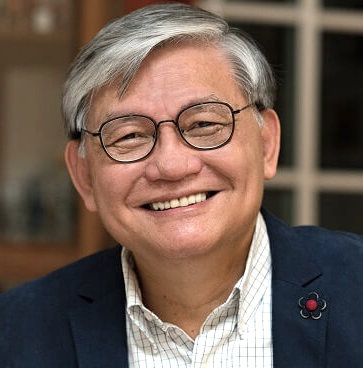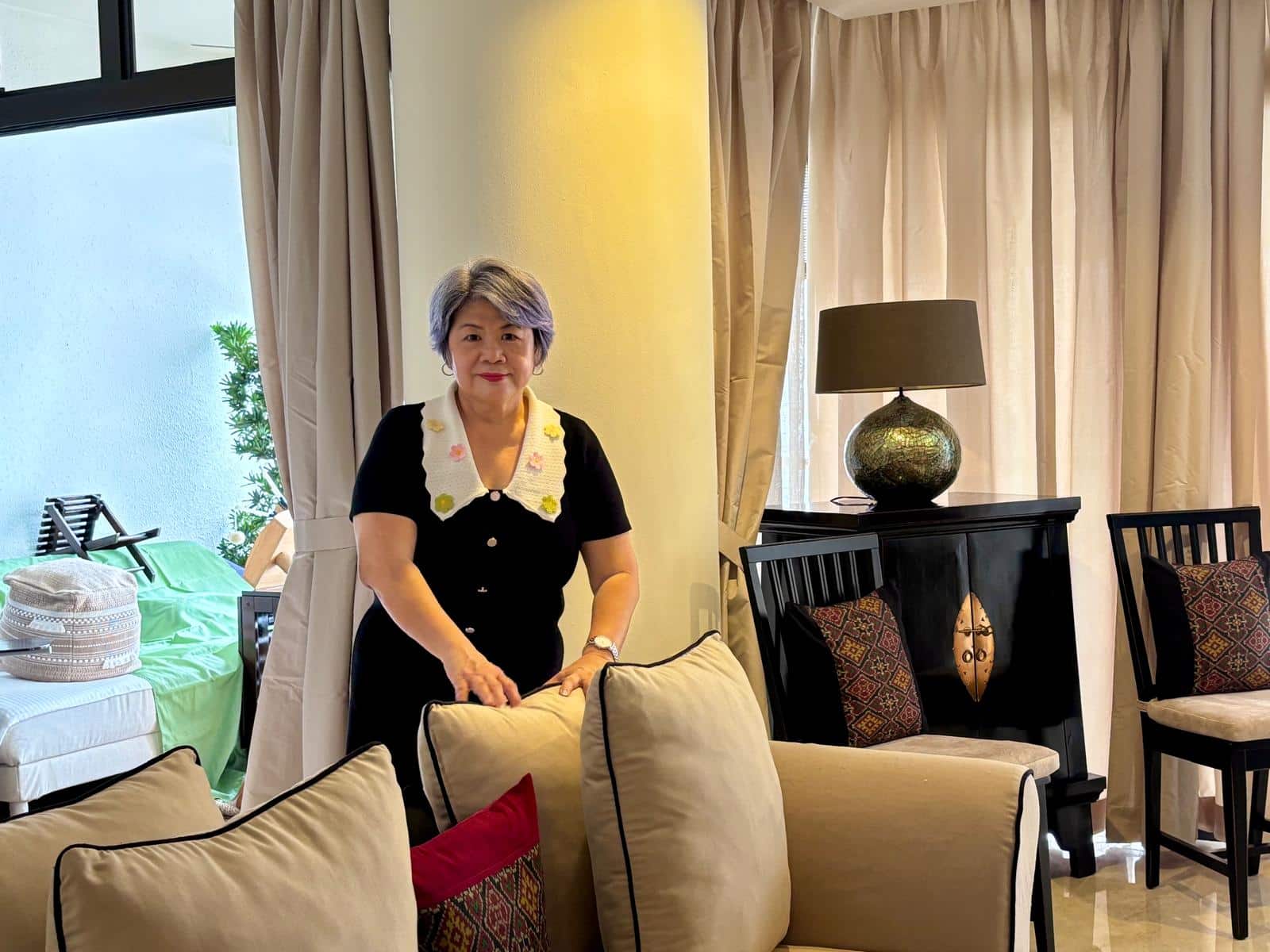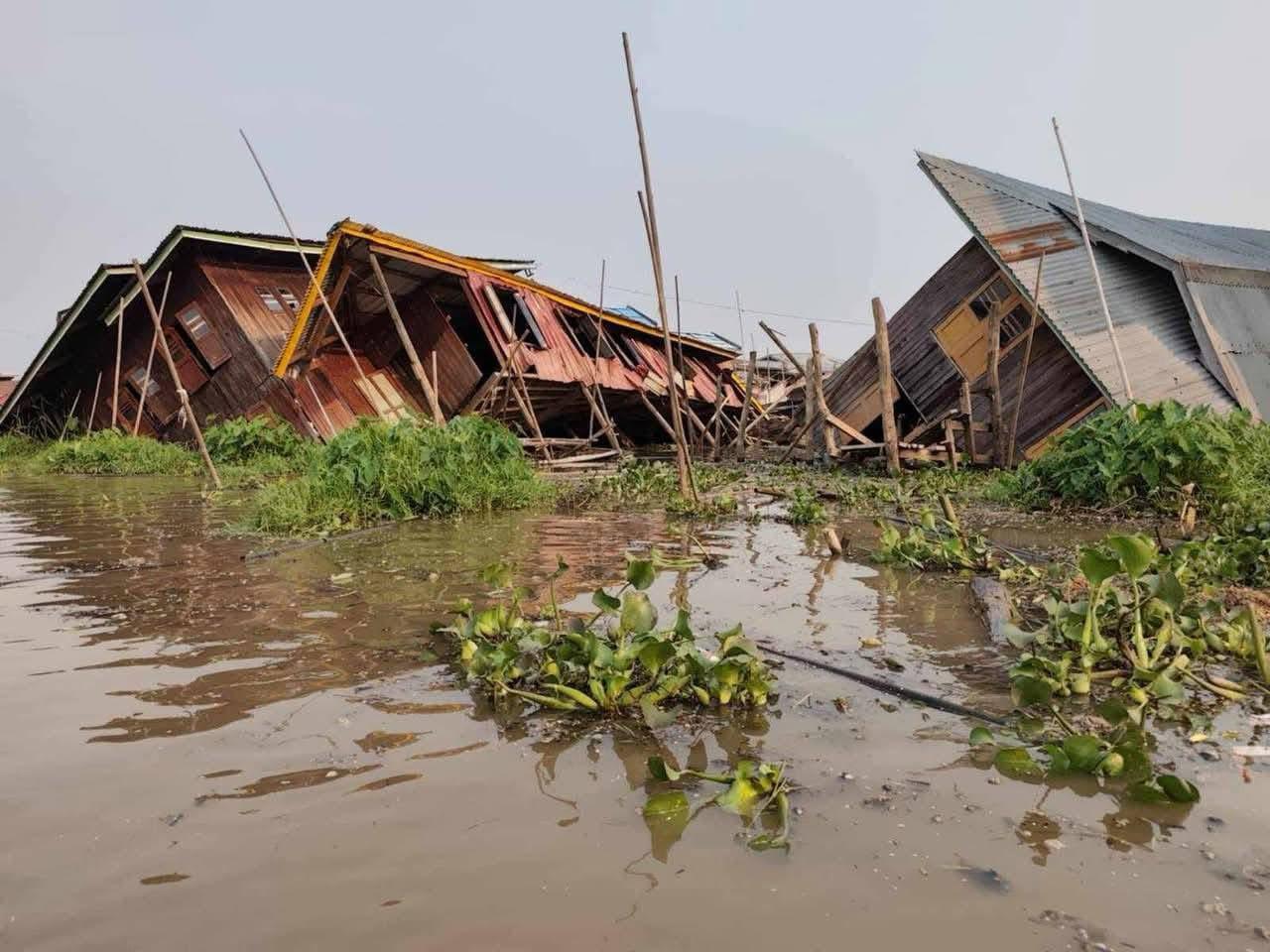
"We live in challenging times. But let us keep our heads. We know who our God is. Let us walk closely to Him that we may find strength and courage for ourselves and for our friends," says Rev Dr Tan Soo Inn of Graceworks. Photo by Frank Starmer on Flickr.
Once, in 1968 when I was 13, I developed a high fever. Dad and Mum gave me the usual antipyretics but the fever continued to spike.
They consulted doctor friends who recommended that I be hospitalised straight away because the fever was dangerously high. So I was rushed to Penang General Hospital.
A fallen creation functions like a fever reminding us there is something wrong somewhere.
The first thing they did was to plunge me into an ice bath. I don’t remember the fever but I will never forget the shock of that freezing bath.
The next few days the doctors ran tests to try to discover what was causing my fever. In the meantime, they treated the fever with aspirin. After a few days the fever broke. They never did discover the cause of the fever. They decided to discharge me. I remember the doctor in charge coming to see me during a ward round just before I was discharged.
I remember him telling the junior doctors with him that all they did for me was to give me aspirin. They never discovered nor treated the cause of my fever.
I suspect it was a virus.
Reflections from a viral fever
As we once again face the challenge of a life-threatening virus, I recalled my high-fever episode and thought of a few lessons it might teach us:
1. Christians should be the last to be surprised when we encounter a creation gone rogue.
A spoilt creation was one of the many sad consequences of humankind’s rejection of their loving Creator King. Indeed, a fallen creation functions like a fever reminding us that there is something wrong somewhere that needs attention.
2. We know that it is in the new heavens and the new earth when disease and death will be finally defeated (Revelation 21:1–4).
That means we live in hope.
A day will come when there will be no more sickness or death. It also means we are realistic about the conditions we live in until that day.
3. We are committed to wholeness and we will do what we can to bring healing to people who are sick.
Medical science is a gift from God. It functions based on the laws that God has put in place to run the universe. It has advanced so much since 1968.
Our call is not to understand but to pray in faith.
We have so much more knowledge now as to how diseases function and how to treat the sick.
Yet all of us in healthcare know that there are still things outside our present medical knowledge.
This calls for continued patient research. In the meantime, with compassion, we commit ourselves to do what we can for those who are sick.
The response then?
I pray for and stand with my healthcare colleagues who are at the front line of the present fight against the ravages of the COVID-19 virus.
I am extremely angry at those who shun them because of their work. I try to remember that people are frightened but I still find it hard to accept that there are those who will ostracise the very people fighting to help them.
What about prayer?
We share our occupancy of this fallen creation.
Of course we should pray. We are commanded to do so! (James 5:13–16)
I think of my fever episode and the many who were praying for me while I was in hospital. There is a mystery in prayer of course; how God chooses to respond and His timing.
But though we may not always understand how God responds to prayer we know He hears and He cares and He will act.
Our call is not to understand but to pray in faith.
Lead the way forward
As we again face another medical crisis, we should take our cue from Paul in Acts 27:27–44.
From his position of faith, Paul was able to provide leadership that gave real help.
Like Paul, we are in the same boat with the rest of humanity. We share our occupancy of this fallen creation.
But while the rest on board were losing their heads, Paul did not, because, not only did he know his God, he was in communion with Him. From his position of faith, Paul was able to provide leadership that gave real help to the rest on the boat.
So, yes we live in challenging times. But let us keep our heads.
We know who our God is. Let us walk closely to Him that we may find strength and courage for ourselves and for our friends.
This post was first published on Graceworks on February 14, 2020, and is republished with permission.
Reflection and Discussion
- What does it mean to live in hope and be committed to wholeness while being realistic? How does your life measure up to this approach right now?
- In challenging times like this, walking with God means first bringing Him our anxieties and fears. Is there an issue in your life that you need strength and courage in?
- What are some of the needs you see around you today? Why not start with one area where you can be of help?
We are an independent, non-profit organisation that relies on the generosity of our readers, such as yourself, to continue serving the kingdom. Every dollar donated goes directly back into our editorial coverage.
Would you consider partnering with us in our kingdom work by supporting us financially, either as a one-off donation, or a recurring pledge?
Support Salt&Light



